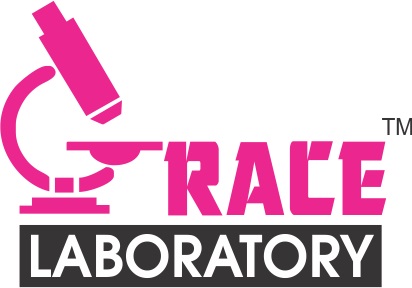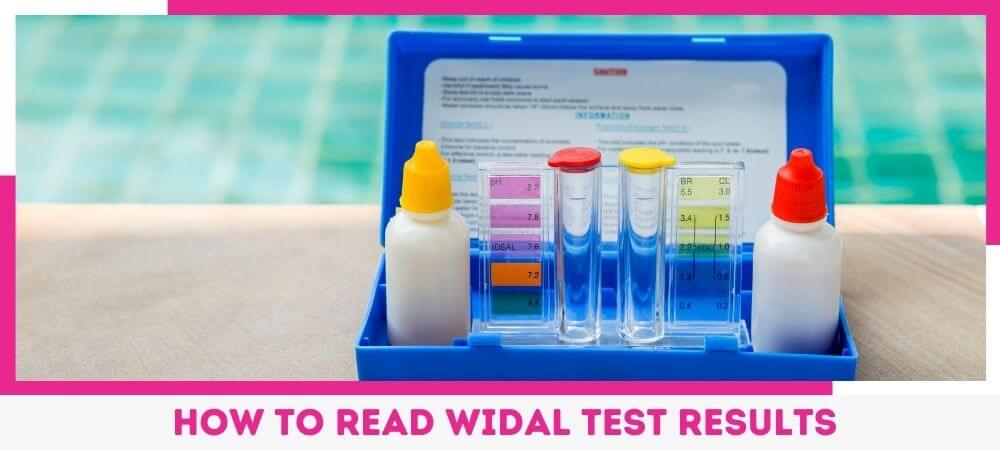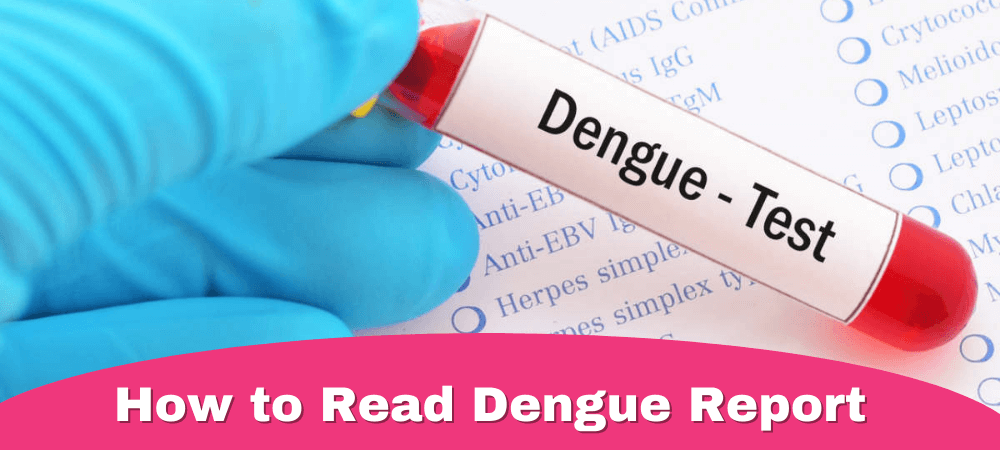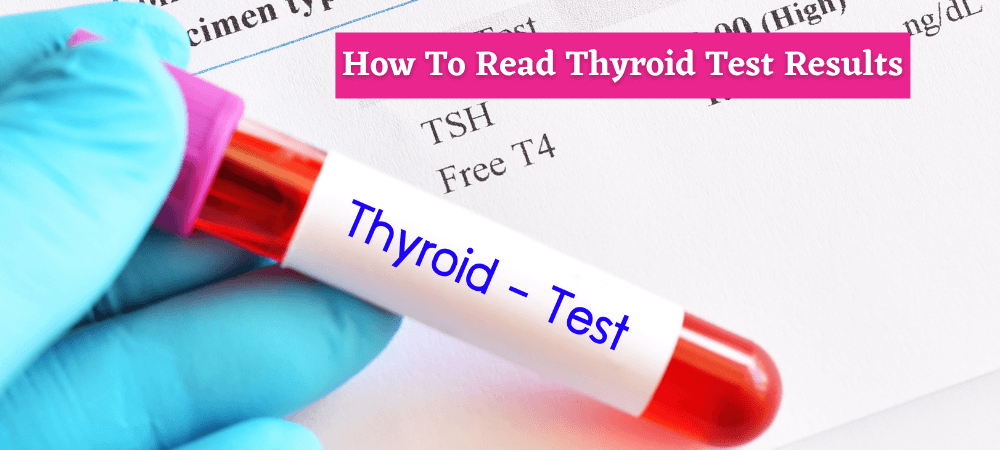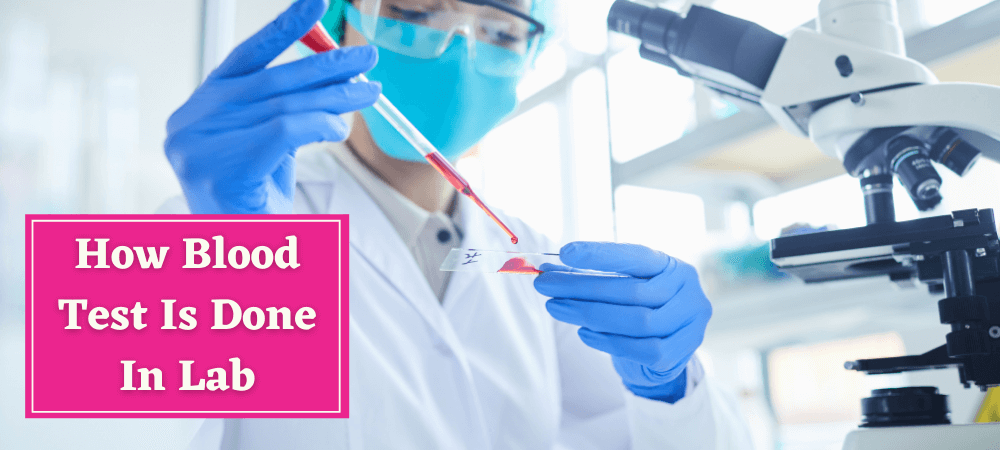What Is BCR ABL?
It is a mutation formed by the combination of two genes, namely BCR and ABL. The BCR gene’s chromosome number remains at 22, and the normal ABL gene is on chromosome number 9. The mutation between these happens when pieces of BCR and ABL genes break off and switch places.
What Is The BCR ABL Test For?
The disease can be figured out through a specific genetic abnormality in one chromosome. The presence of the gene sequence known as BCR-ABL1 confirms the diagnosis of chronic myelogenous leukemia and acute lymphoblastic lymphoma, which is type B-lymphoblastic leukemia/lymphoma. If the BCR is found at the abnormal chromosome 22, it hints toward the symptoms of leukemia.
There Are Different Types Of BCR ABL Tests:
- Cytogenetics (chromosome analysis or karyotyping)
- Fluorescence in situ hybridization (FISH)
- Genetic, molecular testing (qualitative or quantitative)
- Secondary mutations – detected by DNA sequencing method
How To Read Bcr Abl Quantitative Report
If you want to figure out the test results, we suggest you get them read by a professional health practitioner. This will help you get the best advice and fast treatment.
Here are the steps to read the BCR ABL Quantitative Report:
- If there is any abnormality Philadelphia in the white blood cells present in the bone marrow and has the (Ph) chromosome and BCR-ABL1 gene sequence, CML or Ph-positive is declared diagnosed with CML or Ph-positive ALL.
- If anyone has CML, 90-95% have the Ph chromosome tested by cytogenetics, and 100% have the BCR-ABL1 gene sequence known by FISH and qualitative BCR-ABL1 molecular testing.
- Some people with CML will have the BCR-ABL1 gene sequence but not the Ph chromosome. These cases may involve a third or the fourth chromosome in addition to 9 and 22. They may also have hidden translocation involving 9 and 22 that can not be identified by routine chromosomal analysis.
- In some rare cases, neither the Ph chromosome nor the BCR-ABL1 mutation can be found in people with CML.
- If the BCR-ABL1 quantity drops below the test’s detection level and the person’s blood cell counts are expected, they will consider remission.
- If someone with ALL is not positive for the Ph chromosome and the BCR-ABL1 gene sequence, they won’t be given a tyrosine kinase inhibitor drug, and BCR-ABL1 molecular testing cannot be used to monitor the person.
